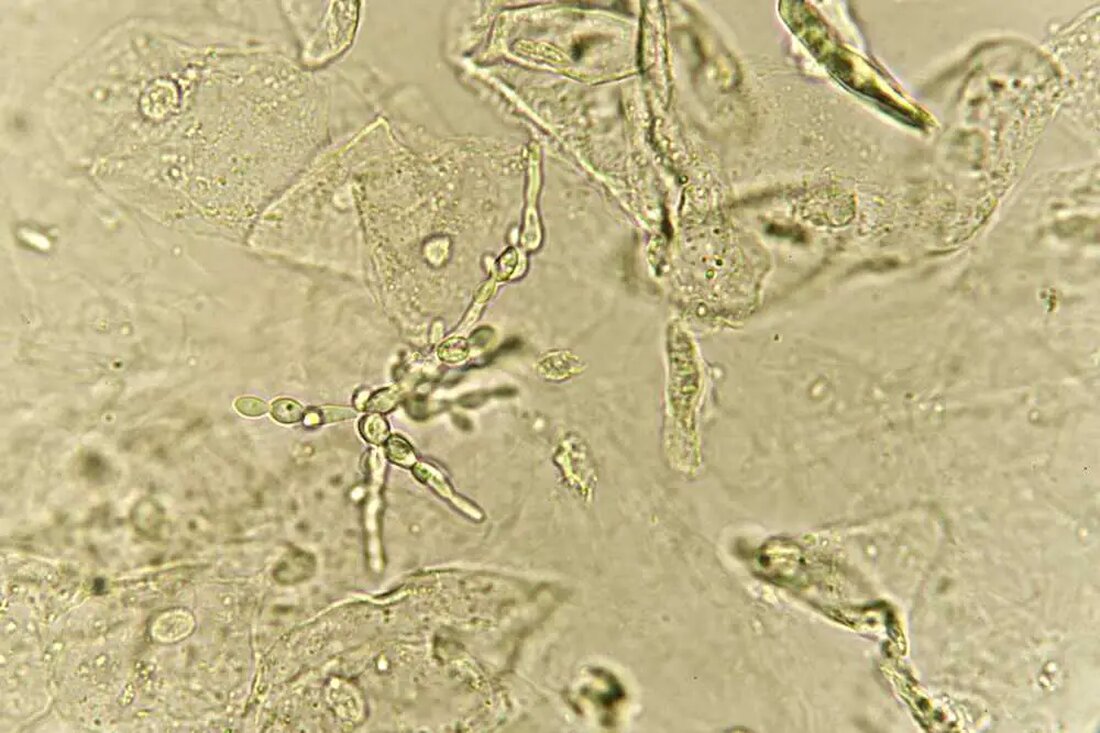New Study: Bacteria in Meat Linked to Urinary Tract Infections
A recent study suggests that the bacterium Escherichia coli (E. coli), commonly found in undercooked meat, may be responsible for hundreds of thousands of urinary tract infections (UTIs) in the United States, disproportionately affecting women. E. coli is a large and diverse group of bacteria found in the environment, food, and intestines of humans and animals. While most strains are harmless, some can cause illnesses such as urinary tract infections, pneumonia and others. Researchers at the George Washington University Milken Institute School of Public Health used a novel genomic approach to understand the origins of E. coli infections in...

New Study: Bacteria in Meat Linked to Urinary Tract Infections
A recent study suggests that the bacterium Escherichia coli (E. coli), commonly found in undercooked meat, may be responsible for hundreds of thousands of urinary tract infections (UTIs) in the United States, disproportionately affecting women.
E. coli is a large and diverse group of bacteria found in the environment, food, and intestines of humans and animals. While most strains are harmless, some can cause illnesses such as urinary tract infections, pneumonia and others.
Researchers at the George Washington University Milken Institute School of Public Health used a novel genomic approach to trace the origins of E. coli infections in the United States. They estimated that E. coli can cause between 480,000 and 640,000 UTIs annually. Women are up to 30 times more likely to develop UTIs than men, with millions of women affected by UTIs each year.
Lance B. Price, professor of environmental and occupational health and founder and co-director of the GW Antibiotic Resistance Action Center, explains, "Our study provides compelling evidence that dangerous E. coli strains are making their way from livestock to people through the food supply, making people sick - sometimes really sick."
The study, published in One Health, involved isolating E. coli from raw chicken, turkey and pork purchased from major grocery chains in Flagstaff, Arizona. The researchers also collected E. coli isolates from urine and blood samples from patients hospitalized for UTIs in the same city.
By analyzing the genomes of E. coli from both meat and UTI patients, the researchers developed a new predictive model to determine the source of the bacteria. The foodborne E. coli strains identified in the study were also found to cause severe kidney and bloodstream infections that can be fatal.
E. coli, often associated with diarrhea, is the leading cause of UTIs in the United States, accounting for about 85% of cases. UTIs can range from simple bladder infections that can be treated with antibiotics to life-threatening bloodstream infections.
Common signs and symptoms of UTIs include:
- Ein starker, anhaltender Harndrang
- Ein brennendes Gefühl beim Wasserlassen
- Häufiges Ausscheiden kleiner Urinmengen
- Trüber, dunkler, blutiger oder stark riechender Urin
- Schmerzen oder Druck im Unterbauch
- Sich müde oder zittrig fühlen
- Fieber oder Schüttelfrost (ein Zeichen dafür, dass die Infektion die Nieren erreicht haben könnte)
To prevent E. coli infections, follow food safety guidelines when cooking:
- Waschen Sie sich vor, während und nach der Zubereitung von Speisen und vor dem Essen die Hände mit Wasser und Seife.
- Waschen Sie sich die Hände, nachdem Sie ungekochtes Fleisch, Geflügel, Meeresfrüchte, Mehl oder Eier berührt haben. Reinigen Sie Arbeitsplatten, Schneidebretter und Utensilien, nachdem sie eines dieser Produkte berührt haben.
- Spülen Sie frisches Obst und Gemüse unter fließendem Wasser ab.
- Stellen Sie sicher, dass die Speisen bei einer sicheren Mindesttemperatur gegart werden.
- Halten Sie rohes Fleisch, Geflügel, Meeresfrüchte und deren Säfte beim Einkaufen, Kochen und Aufbewahren im Kühlschrank von anderen Lebensmitteln getrennt.
- Vermeiden Sie den Verzehr von rohem Teig oder Rührteig.
While many factors contribute to UTIs, simple precautions against E. coli can help minimize the risk of infection.
Sources:
- (Link entfernt)
- (Link entfernt)
- (Link entfernt)
- (Link entfernt)

 Suche
Suche
 Mein Konto
Mein Konto
